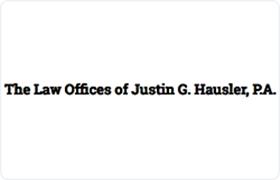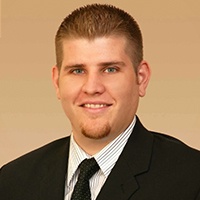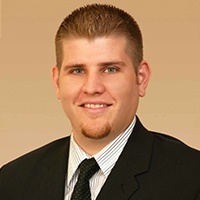Zellwood DUI-DWI Lawyer, Florida
Sponsored Law Firm
-
 x
x

Click For More Info:
-
The Law Offices of Justin G. Hausler, P.A.
5570 South US Highway 17-92 Casselberry, FL 32707» view mapCriminal Defense Because Your Case Matters
As a Former Prosecutor, Justin G. Hausler has a wealth of jury trial experience and offers representation regarding all misdemeanor and felony charges.
407-617-1064
Justin G. Hausler
✓ VERIFIEDCriminal, Divorce & Family Law, Accident & Injury, DUI-DWI, Motor Vehicle
Justin G. Hausler has worked in the criminal area of practice since being admitted to the Florida Bar. He began his legal career as a Prosecutor for t... (more)
Lisa Michelle Figueroa
✓ VERIFIEDCriminal, DUI-DWI, Felony, Misdemeanor
Lisa Figueroa is the founding attorney of the Figueroa Law Firm. Mrs. Figueroa concentrates her practice in the area of litigation. Lisa is admitted t... (more)
FREE CONSULTATION
CONTACTLawrence A. Newman
Dispute Resolution, DUI-DWI, Criminal, Personal Injury
Status: In Good Standing Licensed: 26 Years
 Justin Hausler Casselberry, FL
Justin Hausler Casselberry, FL AboutThe Law Offices of Justin G. Hausler, P.A.
AboutThe Law Offices of Justin G. Hausler, P.A. Practice AreasExpertise
Practice AreasExpertise



